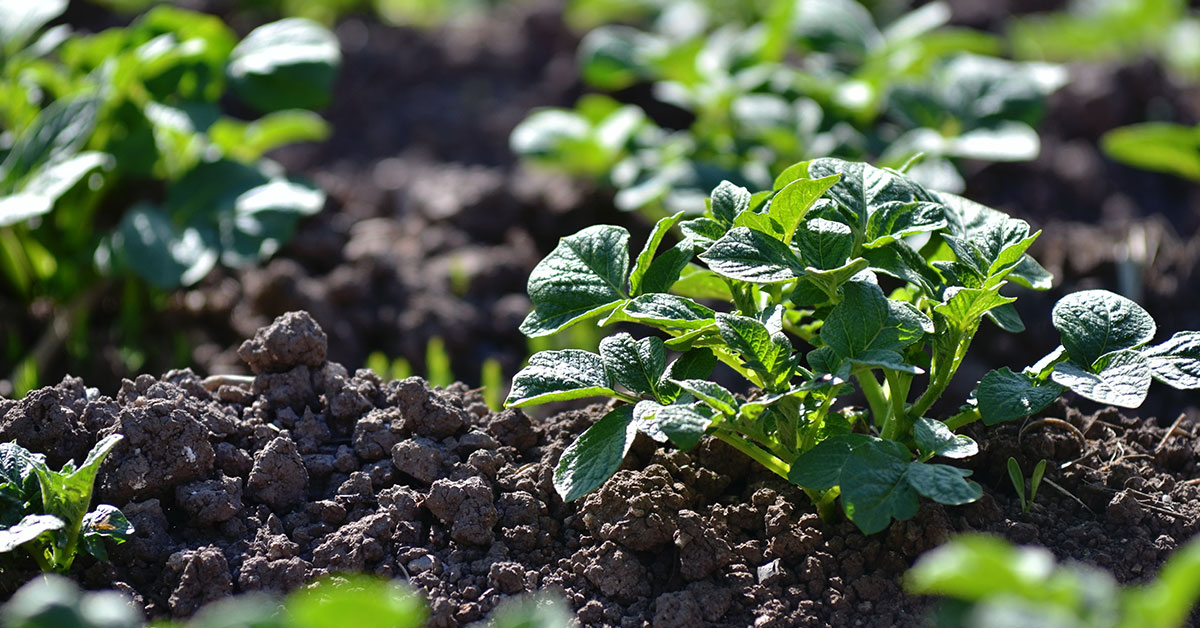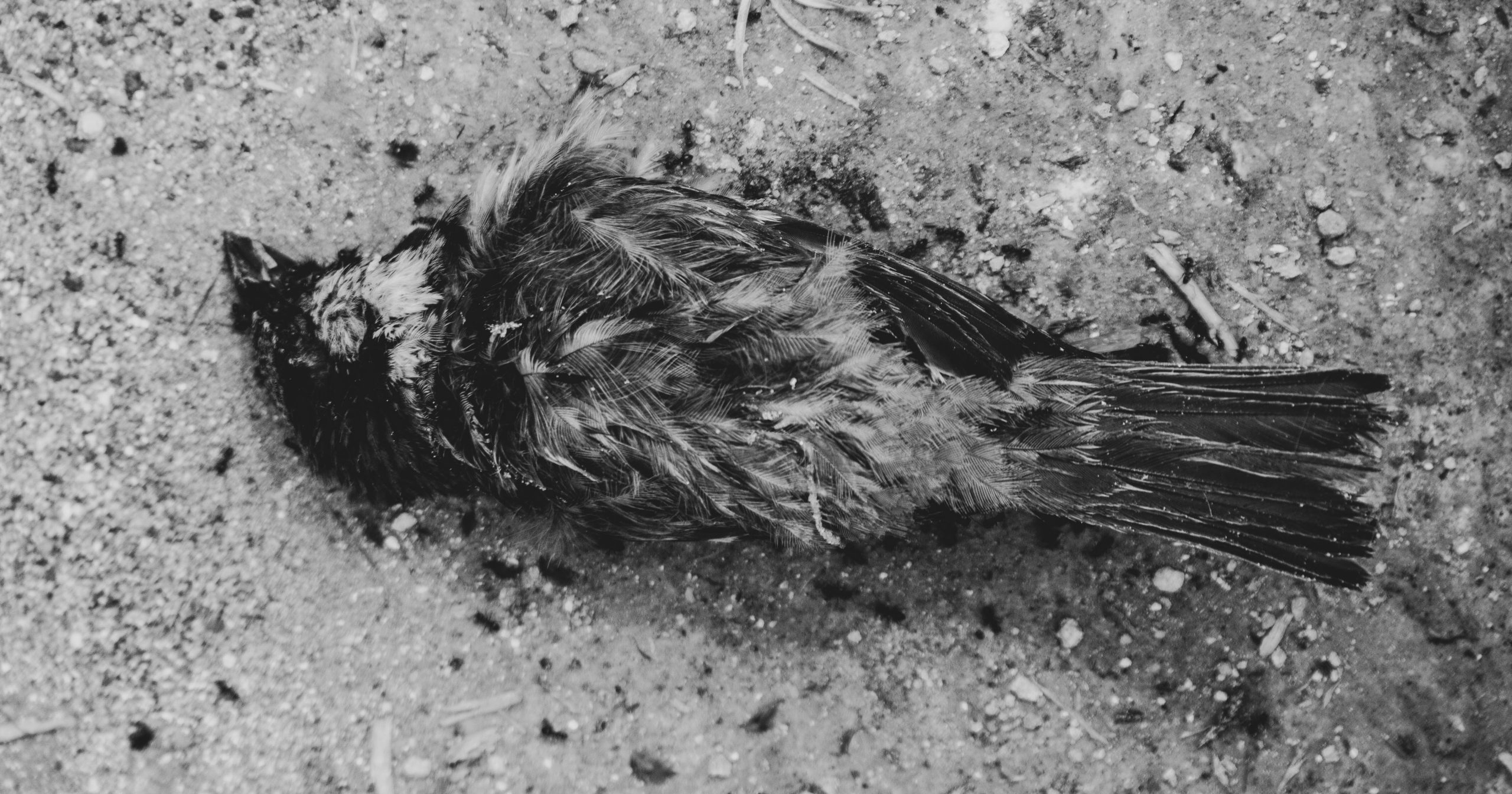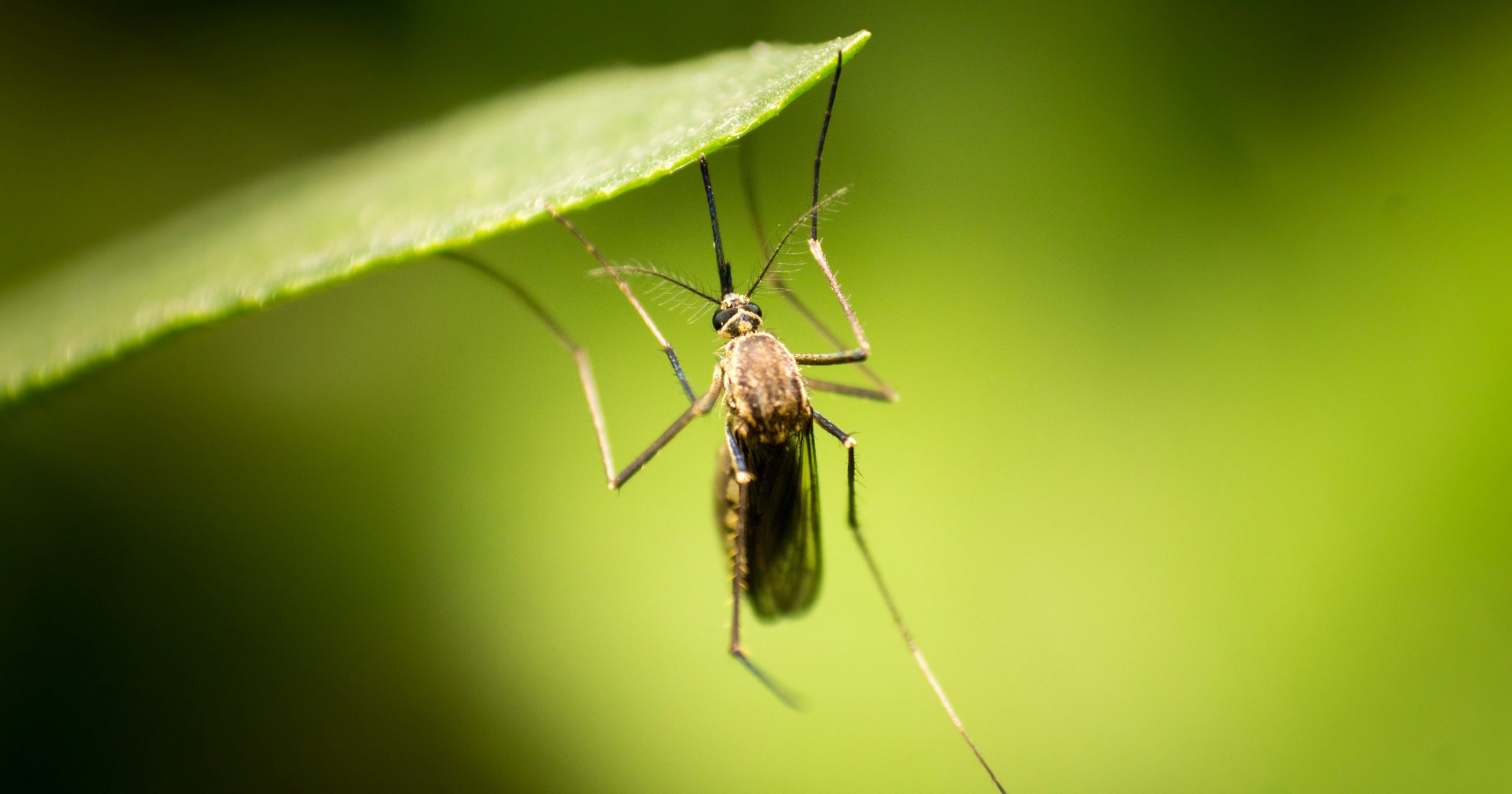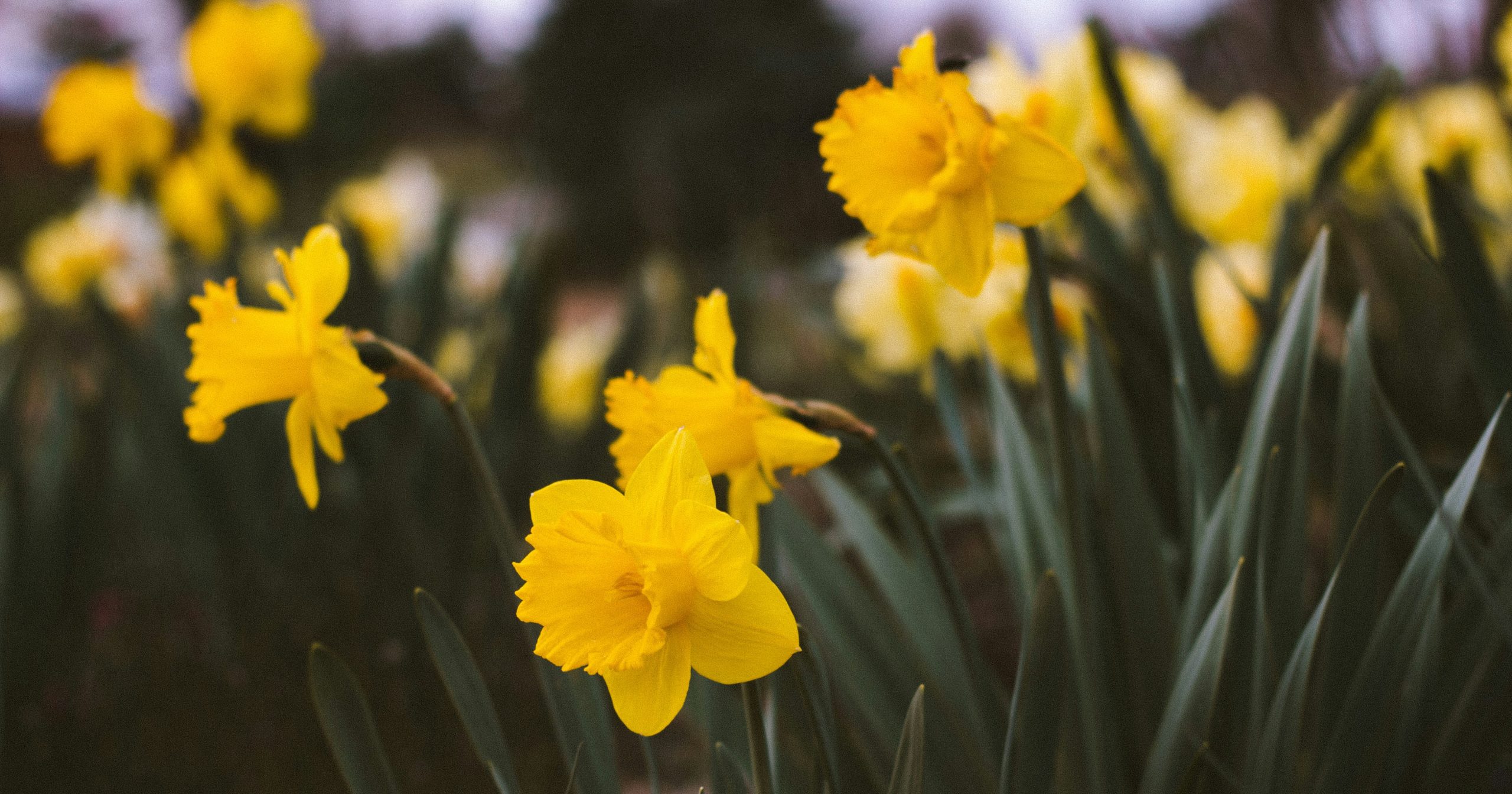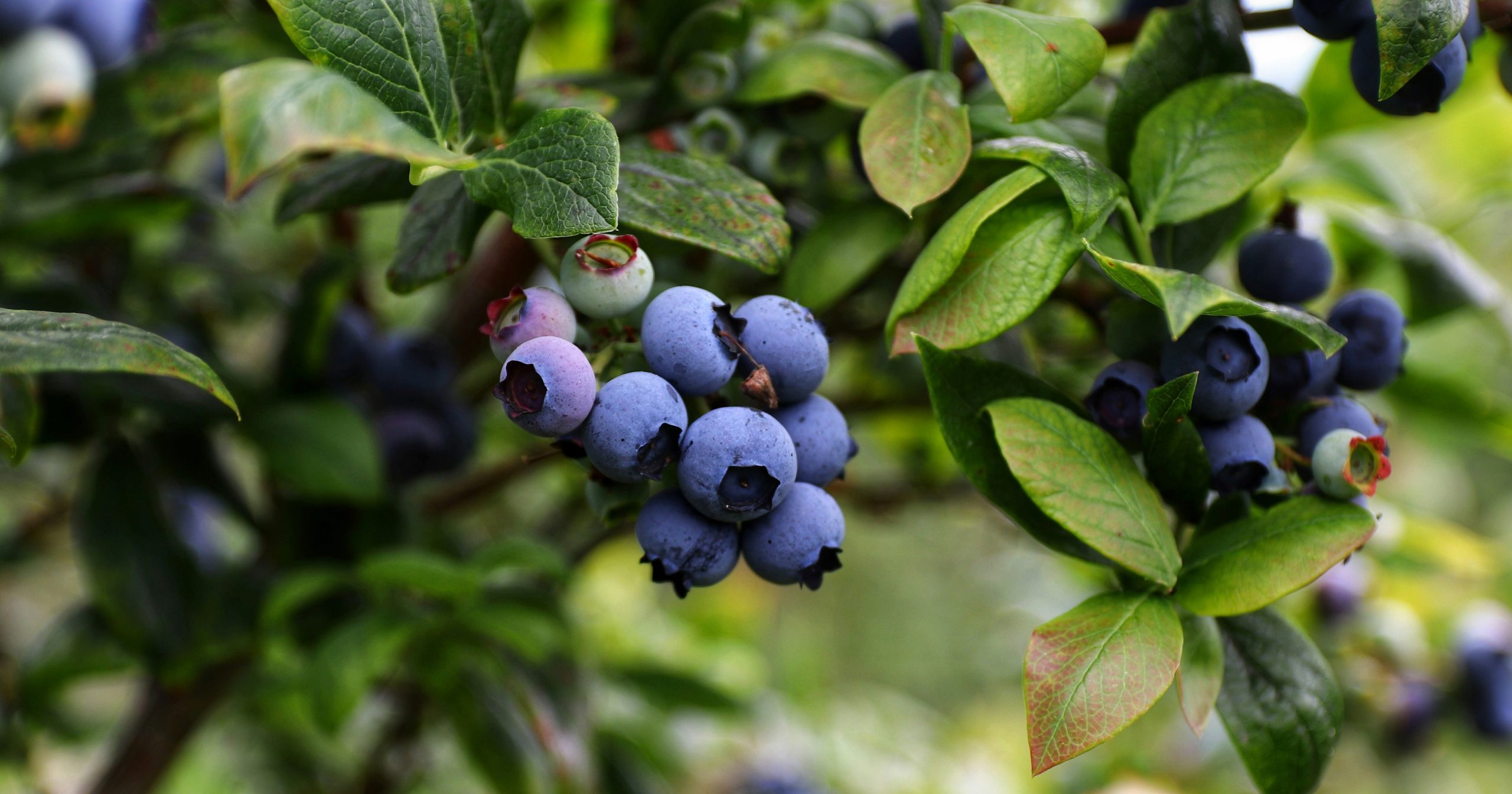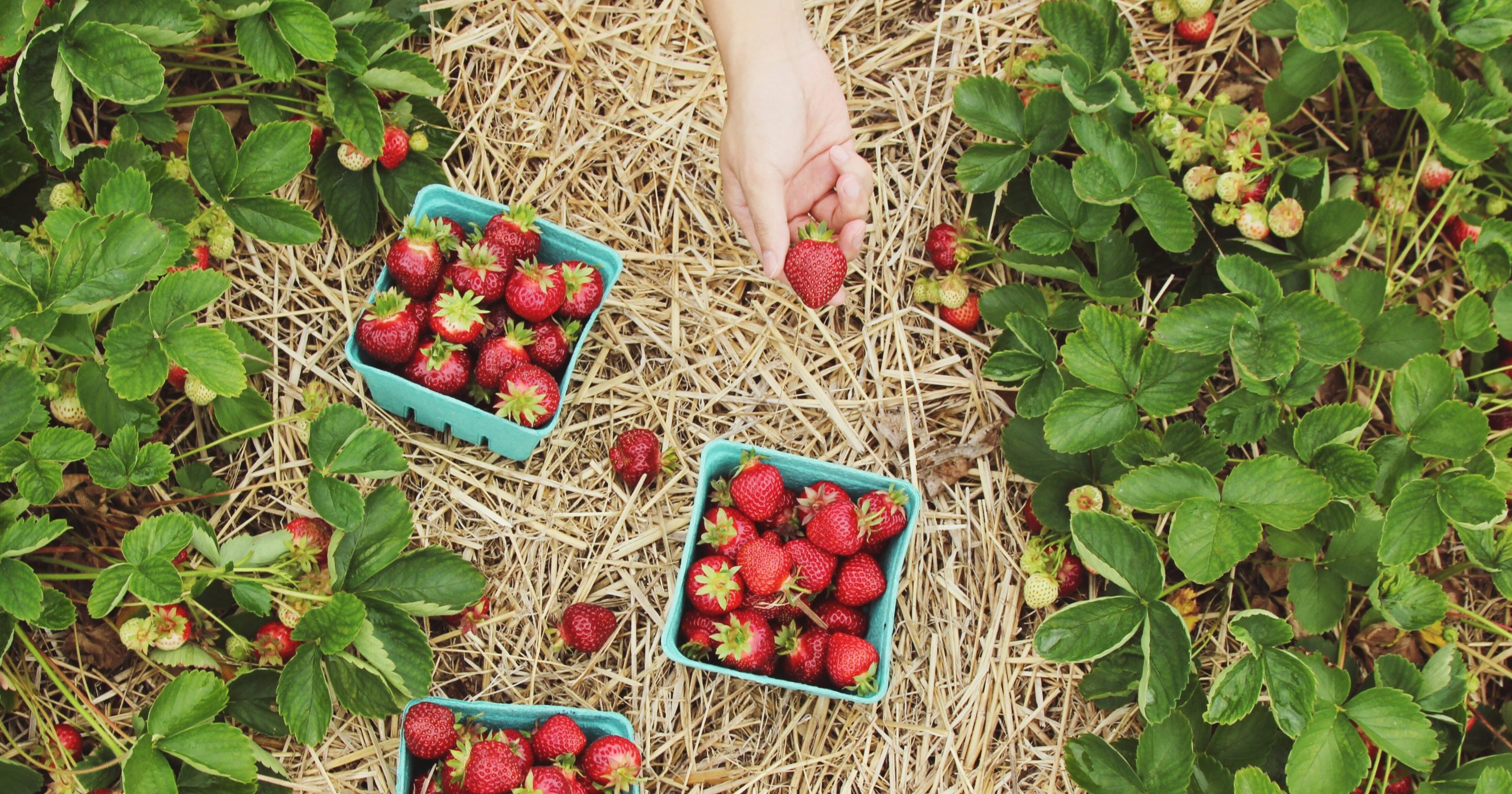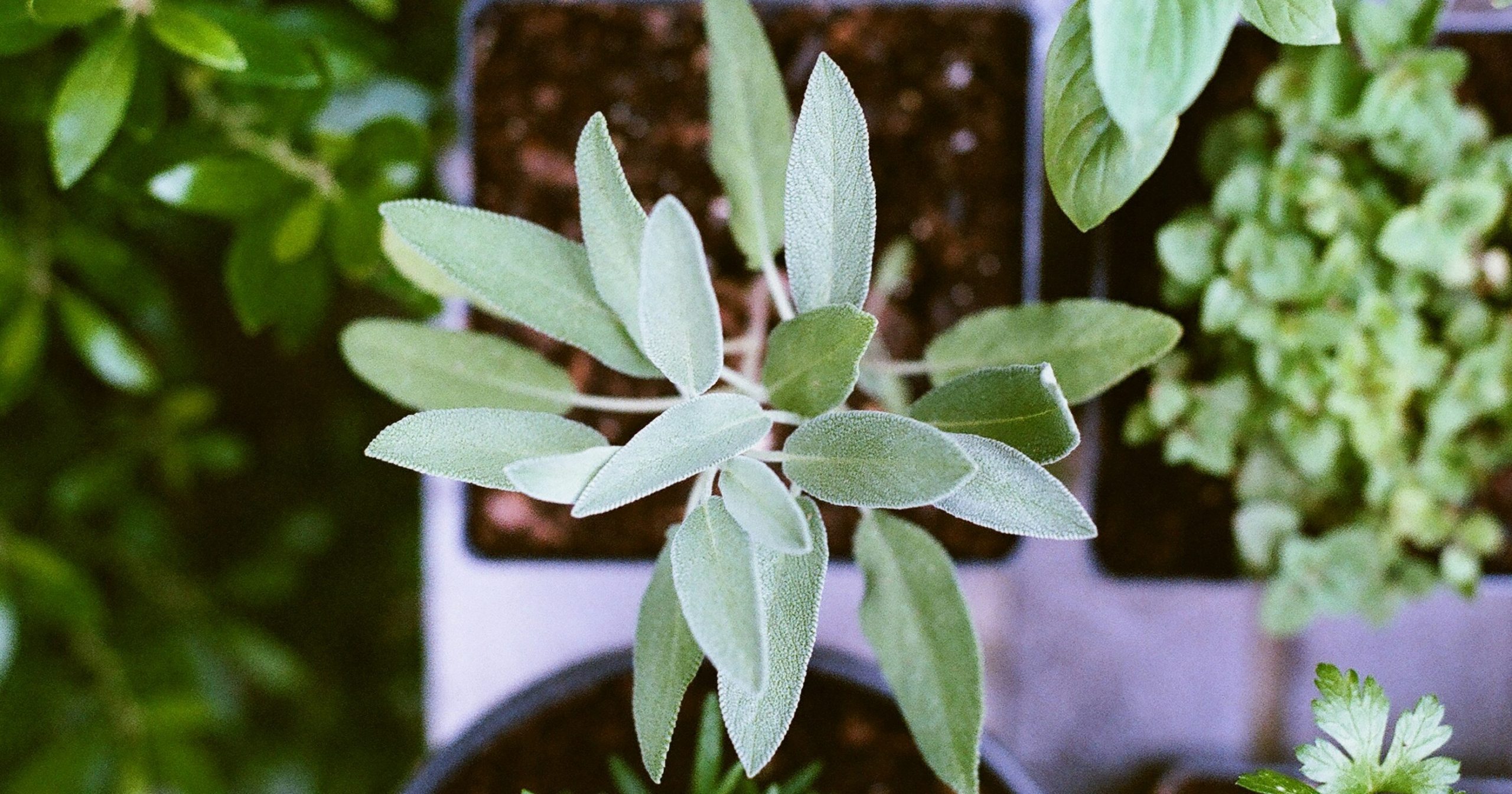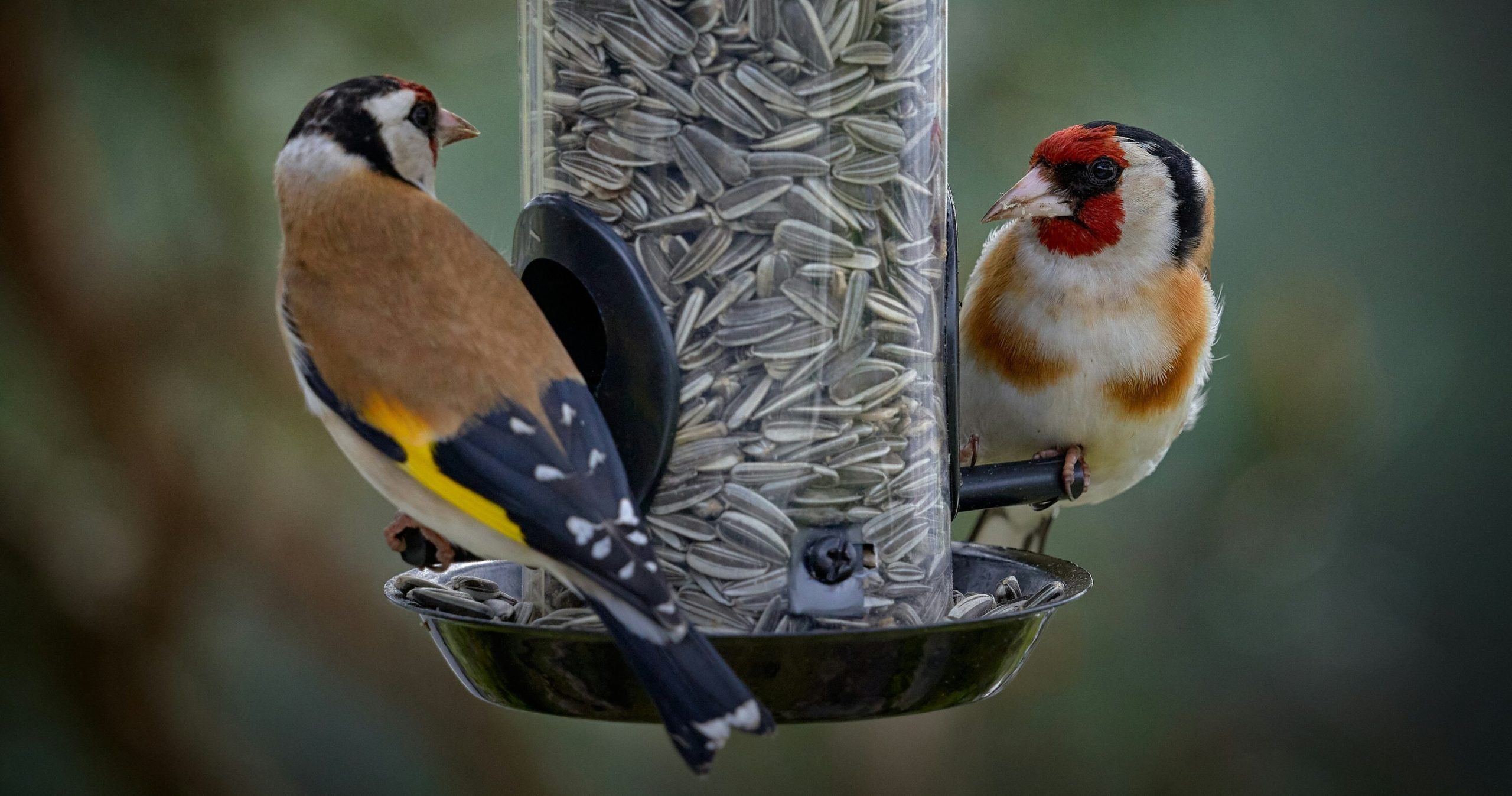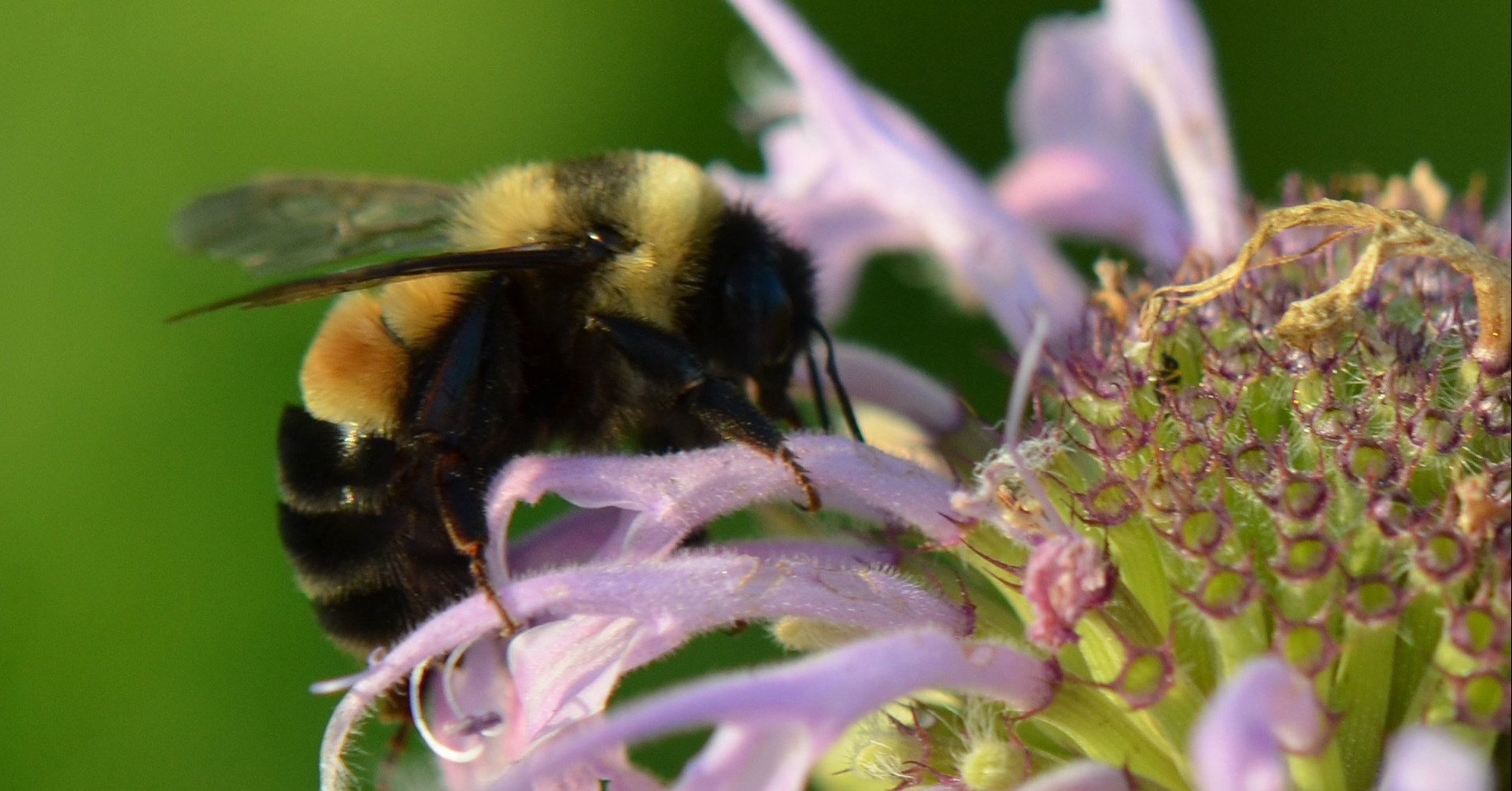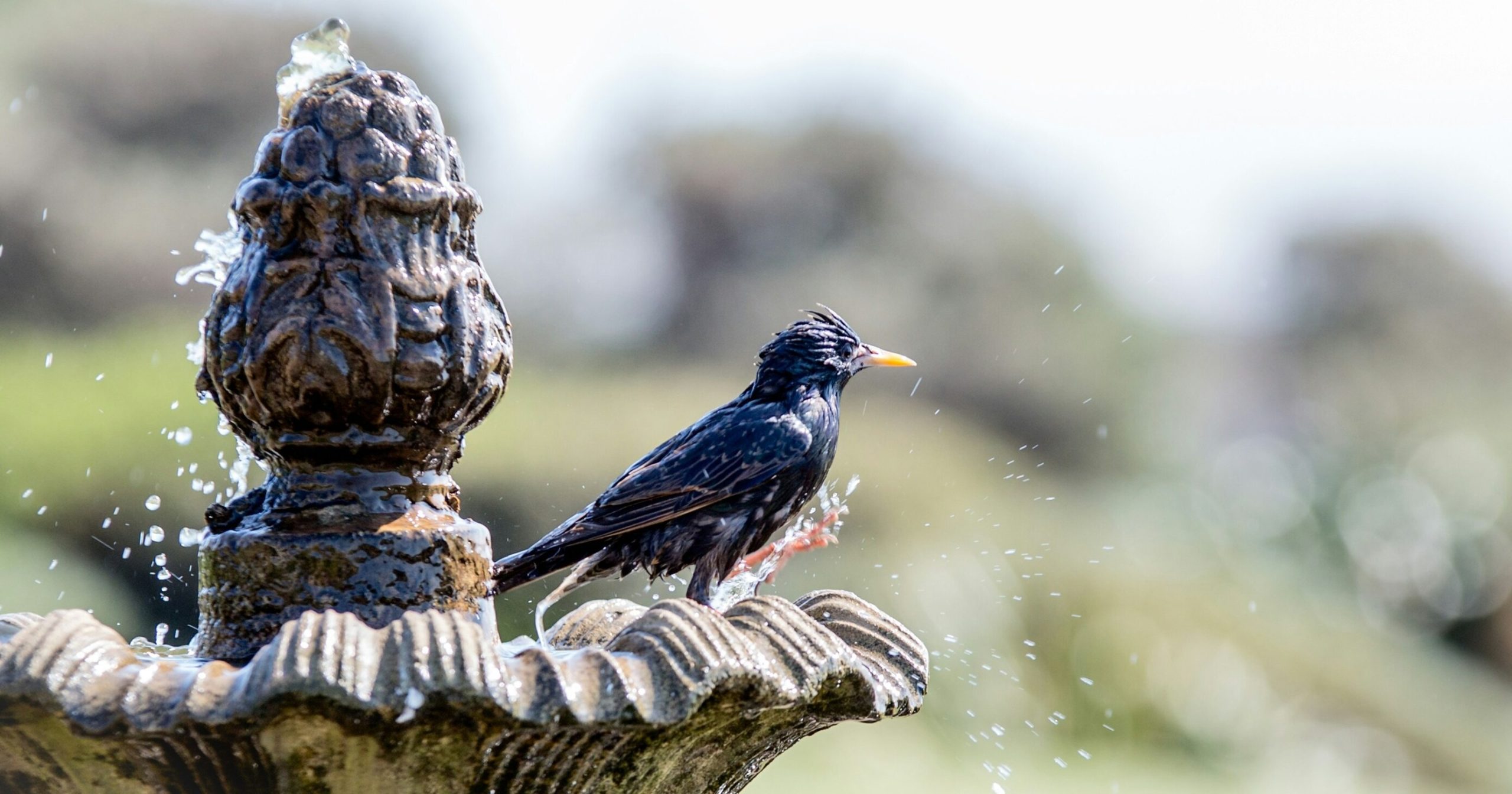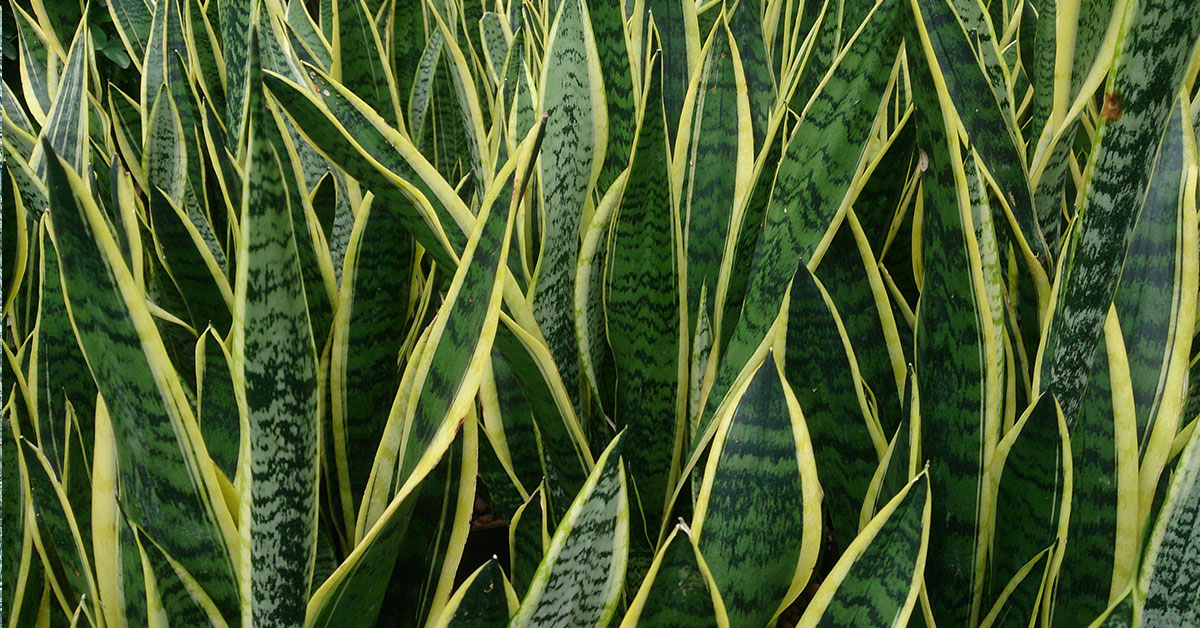Welcome to the world of gardening in New Brunswick! If you’re considering planting potatoes in your garden this year, you may be wondering about the best time to do so. Well, you’re in the right place! I’m here to guide you through the ideal planting time for potatoes in New Brunswick.
With its unique climate and diverse growing conditions, timing is crucial to ensure a successful potato harvest. In this article, we will explore the factors that influence the planting schedule, the recommended planting times, and a few tips and tricks to maximize your potato yield. So, grab your gardening gloves and let’s get started on your potato-growing journey!
Best potatoes to grow in New Brunswick
There are several good varieties of potatoes that grow well in New Brunswick. Here are some popular choices:
- Russet Burbank: This is a high-yielding variety with a long oval shape and a white flesh. It is known for its excellent baking qualities and is commonly used for making French fries.
- Yukon Gold: This variety has a yellow flesh and a buttery flavor. It is versatile and can be used for baking, boiling, mashing, or frying.
- Kennebec: Kennebec potatoes have a white flesh and are known for their high yields and good storage qualities. They have a smooth texture and are great for baking, frying, or making potato chips.
- Red Pontiac: These potatoes have a red skin and white flesh. They are versatile and can be used for boiling, roasting, or making salads. Red Pontiacs have a rich flavor and hold their shape well when cooked.
- Norland: Norland potatoes are early-maturing and have a smooth red skin and white flesh. They are great for boiling, steaming, or making potato salads.
- Chieftain: Chieftain potatoes have a red skin and white flesh. They are disease-resistant and produce high yields. They are good for baking, boiling, or frying.
These are just a few examples of the many potato varieties that can be grown in New Brunswick. It’s always a good idea to choose varieties that are adapted to your specific growing conditions and intended use.
When to plant Potatoes in New Brunswick
In New Brunswick, the best time to plant potatoes is typically in late April or early May. This timing allows for the soil to warm up and reduce the risk of frost damage. It’s important to consider the specific hardiness zone within the province, as planting dates may vary slightly.
New Brunswick, Canada, experiences a range of climates, and the hardiness zones in the province range from 4a to 6a. Here’s a breakdown of each zone and the recommended time to plant potatoes:
- Zone 4a: This zone experiences minimum temperatures between -30°F to -25°F (-34°C to -29°C). Planting time for potatoes: Late April to mid-May
- Zone 4b: This zone experiences minimum temperatures between -25°F to -20°F (-29°C to -23°C). Planting time for potatoes: Late April to mid-May
- Zone 5a: This zone experiences minimum temperatures between -20°F to -15°F (-26°C to -23°C). Planting time for potatoes: Mid to late April
- Zone 5b: This zone experiences minimum temperatures between -15°F to -10°F (-23°C to -26°C). Planting time for potatoes: Mid to late April
- Zone 6a: This zone experiences minimum temperatures between -10°F to -5°F (-26°C to -21°C). Planting time for potatoes: Mid to late April
As with any gardening recommendations, planting times may vary slightly based on local weather conditions and frost risk. It’s a good idea to check with local gardening resources or consult experienced gardeners in New Brunswick for the most accurate planting advice specific to your area.
When to harvest Potatoes in New Brunswick
The optimal time to harvest potatoes in New Brunswick is typically in late summer or early fall, around 90 to 120 days after planting, depending on the potato variety. The exact timing can vary based on the specific variety you are growing and the weather conditions throughout the growing season. It is important to monitor the plants for signs of maturity before harvesting. The foliage will start to turn yellow and die back, indicating that the potatoes are reaching maturity. Additionally, you can gently dig around the base of the plants to check the size and maturity of the potatoes. Once the potatoes have reached a desirable size and the vines have died back, it is time to harvest them. It’s best to harvest on a dry day to prevent any damage or rotting during storage.
Other considerations
When growing potatoes in New Brunswick, there are several considerations to keep in mind:
- Climate: New Brunswick experiences cold winters and relatively short growing seasons. It is important to select potato varieties that are suitable for the region and have shorter maturity periods. Early or mid-season varieties tend to perform better in these conditions.
- Soil: Potatoes prefer loose, well-drained soil with a pH level between 5.0 and 6.5. Conduct a soil test to determine the pH level and make necessary adjustments by adding lime to raise the pH or sulfur to lower it. Additionally, ensure the soil is rich in organic matter by adding compost or well-rotted manure.
- Planting time: The ideal time to plant potatoes in New Brunswick is in the early to mid-spring, when the soil has warmed up to around 45-50°F (7-10°C). Avoid planting too early as cold soil can delay germination and growth.
- Sunlight: Potatoes require at least six to eight hours of direct sunlight daily for optimum growth. Choose a planting location that receives ample sunlight throughout the day.
- Seed selection: Select certified disease-free potato seeds from reputable sources. This will help prevent the introduction and spread of diseases in your garden.
- Crop rotation: To avoid the buildup of pests and diseases, practice crop rotation by not planting potatoes in the same location more than once every three to four years. Rotate with other non-related crops to maintain soil health.
- Watering: Keep the soil evenly moist, but not waterlogged, throughout the growing season. Regular watering is crucial, especially during dry spells, to ensure proper tuber development.
- Fertilization: Potatoes are heavy feeders and require regular fertilization. Prior to planting, incorporate a balanced organic fertilizer or compost into the soil. Side-dress with additional fertilizer during the growing season to provide necessary nutrients.
- Pest and disease management: Monitor regularly for common potato pests such as Colorado potato beetles, aphids, and potato tuber moths. Use organic or chemical controls as necessary. Also, watch out for diseases like late blight, early blight, and scab, and take appropriate preventive measures like practicing good sanitation, using disease-resistant varieties, and applying fungicides if necessary.
- Harvesting: Potatoes are typically ready for harvest approximately 70-90 days after planting, depending on the variety. Harvest when the plants have died back, and allow the tubers to cure for a few hours in the sun before storing them in a cool, dark, and well-ventilated area.
By considering these factors, you can increase your chances of successful potato cultivation in New Brunswick.
